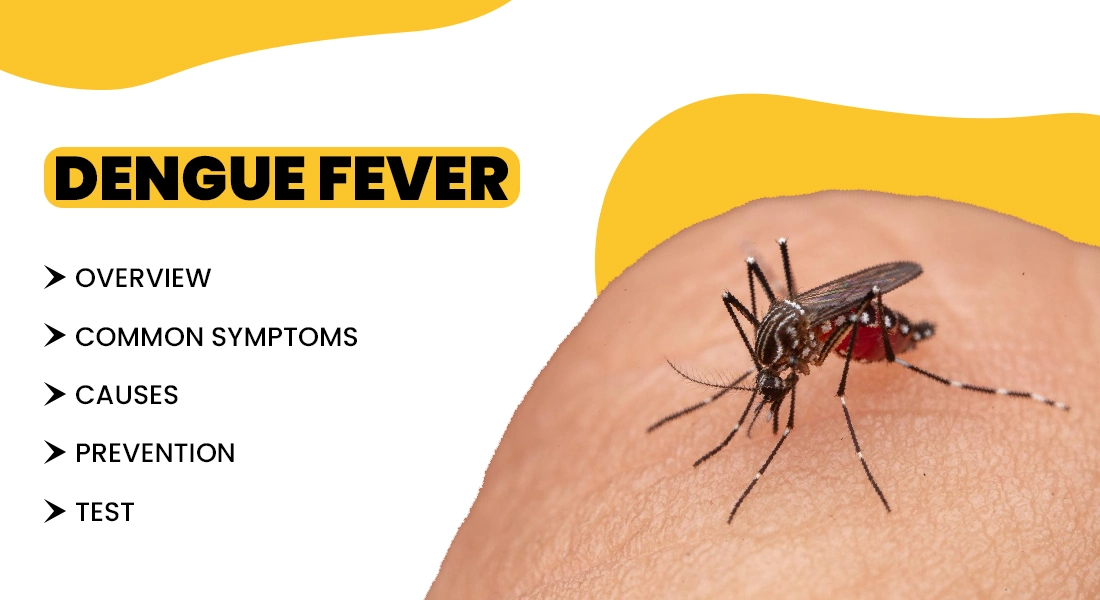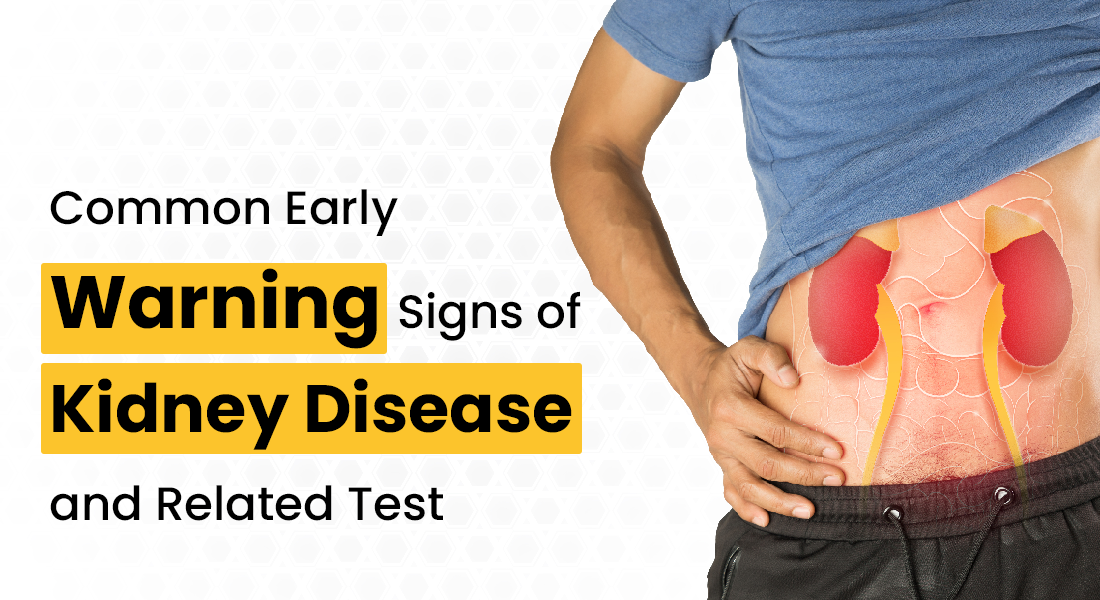Is headache a serious Problem? Reason, Severe Type, Test & Treatment

Headache is one of the most common neurological conditions in India, affecting over 488 million people according to a research paper published in The Lancet Global Health in 2019. Headache can be the symptom of any disease. In most cases, headaches are mild and short-term. However, they can also be incapacitating and affect your daily life.
In this blog, we will understand the causes of headaches, what are its different types, common symptoms, diagnosis, and different treatment options.
Causes of Headache
There may be several causes of headaches. Typically, signals from your brain, nearby nerves, and blood vessels stimulate the pain that you experience during a headache. However, it is not clear what causes these pain signals to trigger. The common causes attributed to headache disorder are:
- Stress: Psychological conditions such as depression, emotional stress, change in sleep patterns, etc. may cause headaches. Other causes may be back or neck pain due to poor body posture, taking certain medications, skipping meals, or alcohol use.
- Illness: Certain illnesses such as fever, cold & cough, or infections may cause headaches. Conditions such as sinusitis, ear infection, or throat infection are also common headache reasons.
- Environmental factors: Various environmental factors in a household may also trigger headaches. These include conditions such as exposure to potential allergens, eating certain foods, strong odours from perfumes, second-hand smoking, etc.
- Migraine: Migraine is one of the most common health conditions that cause headaches. Any problem inhibiting the optimum flow of electrical stimulation through nerve cells may lead to migraine. Often, physical activities may trigger migraines, causing headaches.
- Genetics: Experts suggest that hereditary factors may also be one of the causes of headaches.
What are the Different Types of Headaches?
There are various types of headaches. Understanding the potential symptoms and causes may help in effective diagnosis.
- Tension-type Headache (TTH): It is the most common type of headache that causes pain in the front and back and across both sides of the skull. The pain may be mild to moderate and typically, does not cause any form of disability. However, chronic TTH conditions may lead to several complications such as anxiety, joint or jaw muscle disorder, sleep disruption, and depression.
- Medication-overuse Headache (MOH): When you use headache medication excessively and in the long run, it may result in a rebound effect. This causes the effects of the medication to wear off and the headache rebounds. It is one of the secondary headache reasons. Such type of headache usually happens with tension headaches or chronic migraine conditions.
- Hemicrania Continua: It is a type of persistent and chronic headache that occurs only on one side of the head or face. The pain is continuous and moderate; however, some people may experience severe and debilitating pain during this condition. People suffering from this type of headache may also experience piercing, short-duration head pains at times. If you experience this type of headache for more than three months without any pain-free period or shifting sides, you likely have hemicrania continua.
- Exercise Headache: This is one of the primary types of headaches that occur when you participate in laborious physical exercise or strenuous activities. The symptoms include pulsating pain on both sides of the skull.
- Migraine Headache: This is a recurrent and lifelong headache disorder when you experience throbbing and intense pain in one area of the head. The headache condition may also show other symptoms like vomiting or nausea. Sensitivity to light and sound is also a common symptom of migraine.
Common Symptoms of a Headache
While the symptoms may vary depending on the type of headache you have and its causes, they typically include the following:
- A sharp or dull ache, or throbbing pain in the front or back of the neck or on one/both sides of the head.
- Vomiting and nausea
- Sound or light sensitivity to sound. Some people may also experience sensitivity to smell.
- Feeling tightness or tension in the forehead or at the back of the neck and head.
- Dizziness or blurred vision.
- Having difficulty thinking clearly or concentrating on something.
- Mood swings or irritability.
- Feeling weak or fatigued.
- Seizures or loss of consciousness in severe headaches.
Diagnosis and Treatment of Headache
If your symptoms of headache are consistent, debilitating and do not go away easily, it may be time to consult a doctor. The doctor will analyze your medical records to understand when the symptoms started, pain characteristics, frequency, aura symptoms, triggering factors, or history of any medication. MRI or CT Scan can be the best diagnostic method to know the root cause of headache.
Based on the results of your headache test and physical examination, the doctor will recommend potential treatments. Typically, headache treatment includes over-the-counter non-steroidal anti-inflammatory medications. The doctor may also recommend certain prescription medications such as anti-depressants or beta-blockers. You may also need to make certain lifestyle changes to prevent headaches. Acute conditions causing severe headaches, such as stroke or brain hemorrhage, may require emergency treatments.
The Bottom line
If your headache is interfering with your daily life and normal ability to do things, then you should talk with a doctor. Proper diagnosis and personalized treatment, along with lifestyle changes, may help alleviate the condition.
DISCLAIMER: THIS WEBSITE DOES NOT PROVIDE MEDICAL ADVICE. The information including text, graphics, images, and other material contained on this website is for informational purposes only. No material on this site is intended to be a substitute for professional medical advice, diagnosis, or treatment. Contact a health expert if you have questions about your health.











Comments List